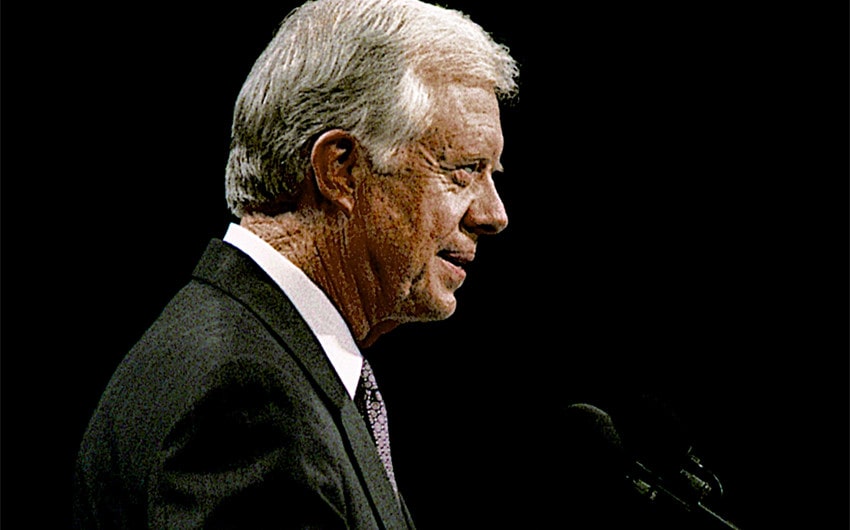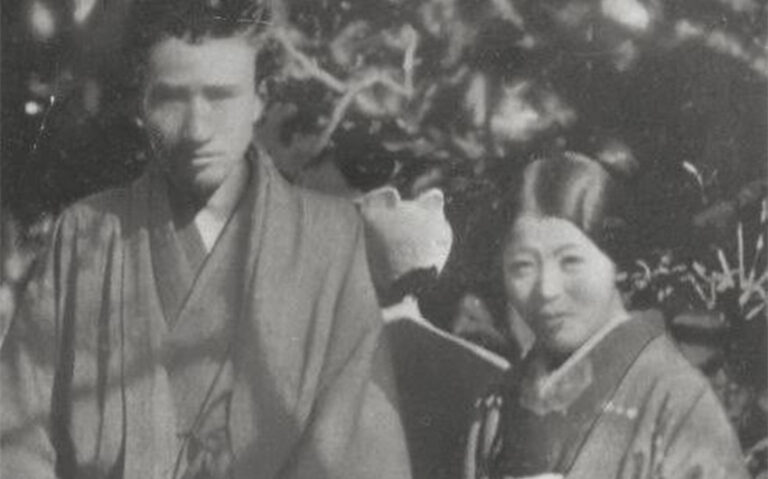President Jimmy Carter Net Worth: Income, Assets, Legacy, and Philanthropy
When people search for President Jimmy Carter’s net worth, they’re usually curious about how a leader known for honesty, humility, and public service managed his finances over a remarkably long lifetime. Unlike many modern presidents whose fortunes grew significantly before or after their time in office, Jimmy Carter’s financial story stands apart. His modest background, limited interest in wealth, and deep commitment to humanitarian work make him one of the least financially driven leaders in recent U.S. history. Understanding his net worth means understanding the values that shaped his entire life.
Who Is President Jimmy Carter? A Brief Introduction
Jimmy Carter, born in Plains, Georgia, on October 1, 1924, rose from small-town beginnings to become the 39th President of the United States. Before entering the political arena, he served as a naval officer, working with submarine technology and earning respect for his discipline and intelligence. After his father passed away, he returned to Georgia to manage the family’s peanut farm, turning it into a more successful operation despite initial financial challenges.
Carter’s political career began at the local level, eventually taking him to the Georgia governorship and then the White House from 1977 to 1981. His presidency focused on diplomacy, human rights, and peace-building, with achievements such as the Camp David Accords shaping his legacy. Yet it was his post-presidential life that truly defined him. Through humanitarian work, global health initiatives, and nonprofit leadership, Carter set new standards for what a former president could accomplish.
What Is President Jimmy Carter’s Net Worth?
President Jimmy Carter’s net worth is estimated at roughly $8 million to $10 million, making him one of the least wealthy modern U.S. presidents. This estimate is based on publicly available information about his post-presidential pension, book royalties, modest investments, and the value of his long-owned Georgia residence. Unlike later presidents who earned millions from book deals, consulting, and corporate speaking engagements, Carter deliberately chose a life focused on service.
What makes his financial story unusual is not the number itself, but the philosophy behind it. Carter never sought wealth, even when opportunities were available. He prioritized humanitarian impact, global health work, and peacekeeping efforts over personal income.
Early Career Earnings Before the White House
Jimmy Carter’s financial roots trace back to the family peanut farm in rural Georgia. After leaving the Navy, he returned home to build the farm into a strong business. The early years were not easy; the farm struggled financially until Carter and his wife Rosalynn applied steady management and long-term planning. Over time, the business recovered and became profitable, providing a stable foundation for the family. His early income also included his modest military salary and small earnings from his various roles in local politics. Unlike many politicians, Carter did not come from generational wealth or large corporate earnings. His financial story began with traditional hard work.
Income During and After His Presidency
During his time in the White House, Carter earned the presidential salary of $200,000 per year, a substantial amount for the era but far less than the fortunes generated by presidents in later decades. After leaving office, he began receiving the presidential pension, which today stands at approximately $200,000 annually. His pension provided stable income, but he did not capitalize on the opportunities that many former presidents pursue, such as high-priced speaking tours, corporate consulting deals, or luxury brand partnerships.
Carter’s post-presidential life looked entirely different from that of his successors. While most former presidents quickly turned to lucrative speaking engagements, Carter dedicated his time to humanitarian projects. He occasionally gave paid speeches, but nowhere near the extent of other former leaders, who often earn millions from speaking tours alone. Carter preferred to spend his time on nonprofit work, teaching, and writing, which together formed the core of his income.
Book Deals and Writing Career
One of the most important contributors to Carter’s net worth is his prolific writing career. He has authored more than 30 books, an extraordinary number for a former president. His titles span political reflections, memoirs, devotionals, children’s books, and historical commentary. Many of these books became bestsellers and earned him consistent royalty income. Works such as An Hour Before Daylight, Keeping Faith, and A Full Life: Reflections at Ninety sold widely and helped raise his net worth more than any other income source outside his presidential pension.
Carter’s writing career is noteworthy not because it made him wealthy, but because it reflected his desire to share wisdom, personal experiences, and moral lessons. The royalties added to his financial stability, but the purpose behind his writing was always rooted in education, service, and storytelling.
Assets, Investments, and Real Estate
Perhaps the most surprising part of Jimmy Carter’s financial profile is the simplicity of his real estate holdings. While many political figures retire to multi-million-dollar estates, Carter continued living in the same modest home in Plains, Georgia, that he owned before his presidency. The house is valued at less than the cost of a luxury vehicle owned by some modern politicians. It symbolizes his humility and his belief in living within one’s means.
Carter’s assets include his residence, farmland connected to his family’s agricultural roots, revenue from book sales, personal savings accumulated over decades, and private investments managed conservatively. His lifestyle choices kept expenses low, allowing him to live comfortably without accumulating extravagant wealth.
Philanthropy and The Carter Center
Jimmy Carter’s greatest legacy arguably comes from The Carter Center, the nonprofit organization he founded with Rosalynn Carter in 1982. The center focuses on global health, conflict resolution, election monitoring, and human rights advocacy. Under Carter’s leadership, the organization played a key role in dramatically reducing the spread of diseases such as Guinea worm, expanded the availability of health care in underserved regions, and worked to promote peace worldwide.
What makes this extraordinary is that Carter devoted not just his time but also a significant portion of his income to The Carter Center. Many of his book profits and speaking fees went directly toward funding humanitarian initiatives. His philanthropic efforts shaped his financial profile: less personal wealth, but immeasurable global impact.






